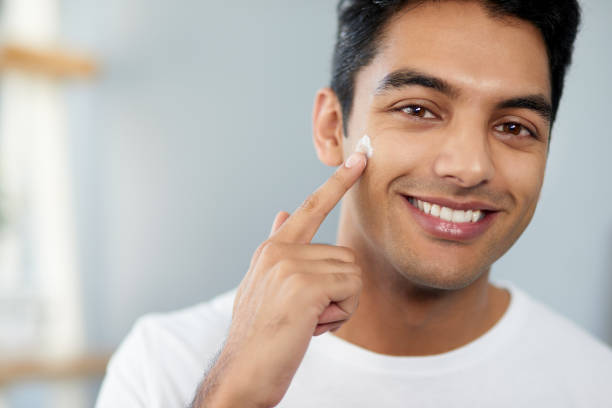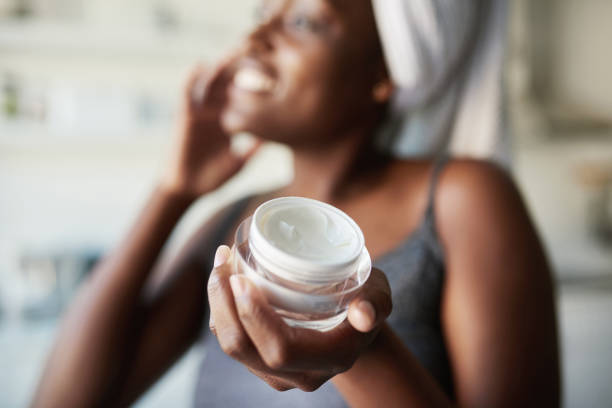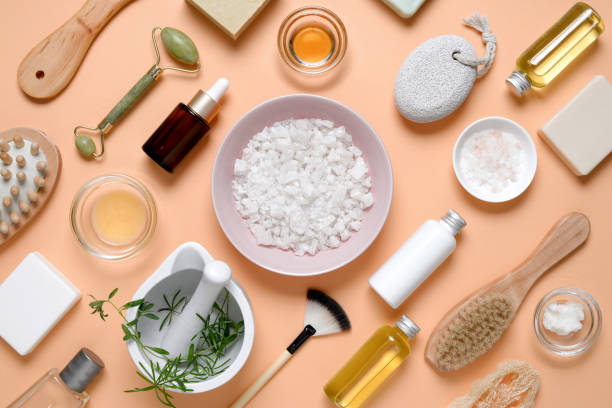Getting a hair transplant is a big decision and not one that you should make lightly – if you have been losing hair constantly, then you need to first and foremost talk to a qualified professional. After a thorough examination, the doctor should be able to tell you whether you are a good enough candidate for a hair transplant or not. It is interesting to note that simply because you re losing hair, you are not a necessarily a candidate for a transplant – for a transplant you need to have clear donor and recipient areas. In addition, and more importantly, your hair loss needs to have stabilised, because if you are still losing hair, there is no point to the transplant, as your hair will continue to fall out.
Let’s say you are ticked off as a suitable candidate for a transplant and your procedure is conducted without a glitch, there are still a lot of things that could go wrong – there are still a lot of things that could cause your hair not growing the way you expected it would post a transplant. There are some essential tips that you need to keep in mind if you want your hair growth to be really good post a transplant. By keeping in mind these post op care tips for better growth, you can not only make sure that you have good hair, but you can also ensure that your transplant ‘sticks’.
Here are some of the things that you need to keep in mind immediately as well as in the days that follow the transplant:
- Even before your procedure is started, you will be given a list of dos and donts and it is imperative that you keep in mind all these in the hours and days that follow the procedure. In most clinics, you will be given a printed version of all these instructions, because chances of people forgetting these instructions is generally high.
- As soon as your procedure is over, you should have someone take you home, where you should get as much rest as possible, till the next morning. It is best that you not drive yourself, because your sedation or anaesthesia might not have worn off properly. For at least the first three nights, you should sleep with your head slightly elevated, as this will help keep the swelling at bay.
- For the next few weeks, you will be asked to keep away from alcohol as well as smoking and it imperative that you do the same. You will also be asked to avoid medicines that contain aspirin, because this is a blood thinner and consuming it could lead to problems with the healing. It is imperative that you tell your transplant surgeon about any and all medications that you might be taking on a regular basis, because if you are on any medication, you might be asked to avoid them for a few days. Alternately, the surgeon could prescribe you some other medicine that you could take till the time the effects of the transplant have sunk in.
- In case there is bleeding, which is one of the common side effects after hair transplant, simply apply gentle and steady pressure till the bleeding stops. In most cases, the bleeding should stop in a few minutes, but if it doesn’t you should immediately get in touch with your transplant surgeon.
- You have to make sure that you use the sterile solution that you would have been provided with or prescribed. The solution will help keep the grafts clean and hydrated, something crucial for the grafts to stay healthy and lead to better hair growth in the future. If you have been prescribed any ointments, you should apply those too religiously.
- Although you will have to avoid rigorous work and exercise for at least a week, you should be able to return your regular routine within a day or two. However, every time you step out, make sure that you keep your grafts protected because dirt and pollution could harm the new implants and cause them to fall out. The dirt could also cause infection, which could spell trouble.
- Do not touch the donor area unnecessarily and if you do have to touch it, make sure that you wash your hands with soap or disinfectant first. The day after the surgery you will be asked to wash your hair, but you need to pay a lot of attention while doing so. For instance, do not allow water to hit the grafts directly, because this could lead to dislodging. Use a water cup to gently pour water over the scalp and using only your fingertips, wash the area around the grafts.
- Your transplant surgeon will tell you how many days you need to avoid hair styling products and tools and you need to make sure that you remember the same. You will be asked to avoid hot styling tools for about 15 days and hair products such as hair sprays and gels for about 10 days. Colouring and cutting should be avoided till the time the crusts have fallen off.
Along with all the precautions that the doctors tell you, there are some efforts that you will need to take on your own end. You need to make sure that you use only products that have been okayed by your doctor. No matter how much you like to style your hair, avoid till the time you have been asked to do so. After a transplant, for a few weeks, you need to treat your hair with absolutely delicate hands, because if the grafts are damaged, the entire transplant could go for a toss. In the meantime, ensure that you keep a check over your diet and eat plenty of fresh fruits and vegetables. You also need to make sure that you drink plenty of water, because the grafts will need hydration from within too. Finally, if you suspect that anything is going wrong, you should rush to your surgeon and get it checked.




